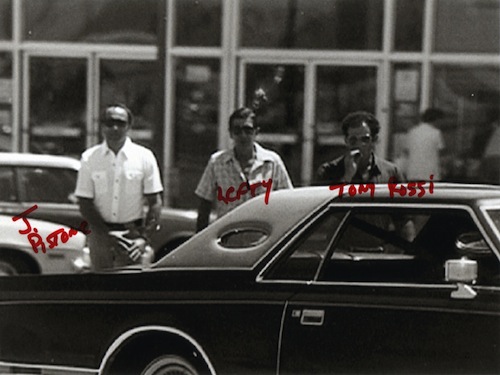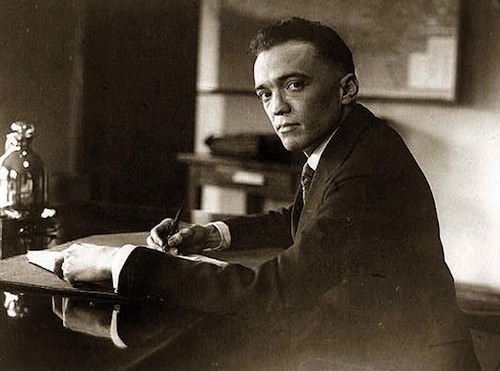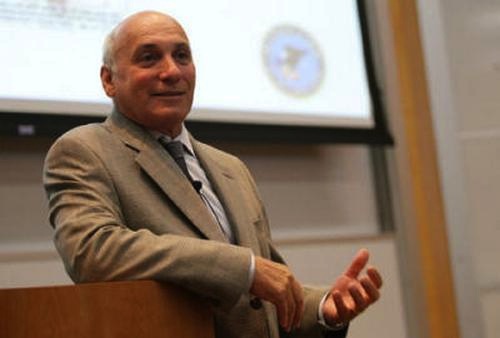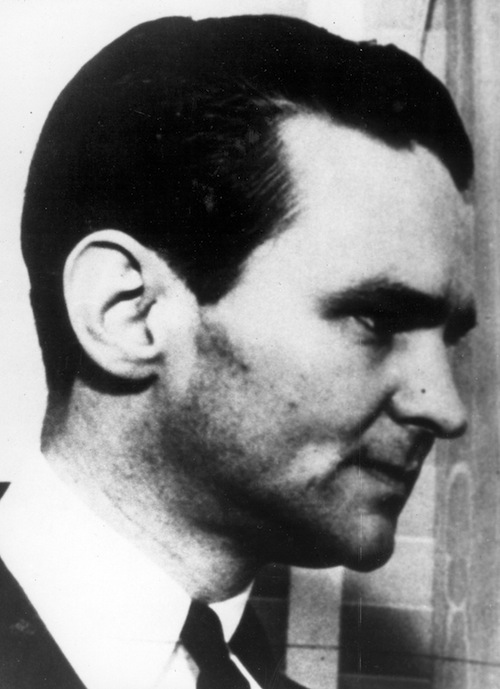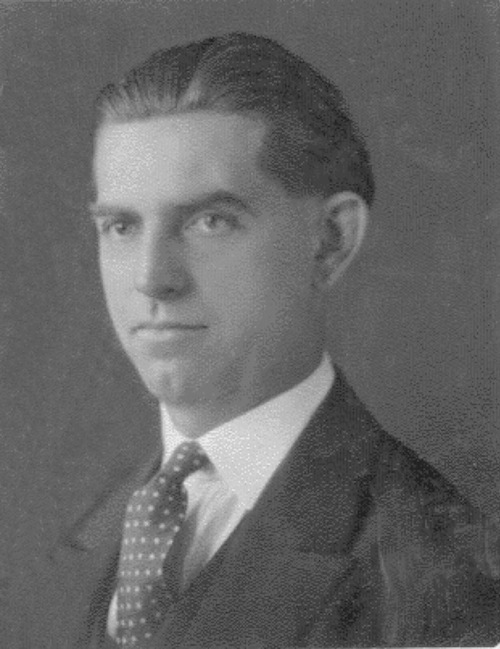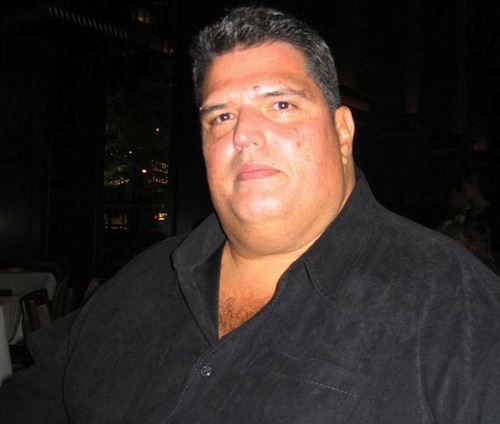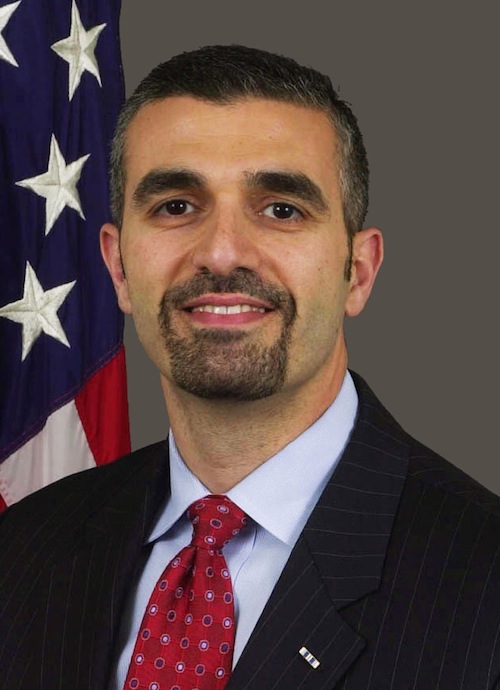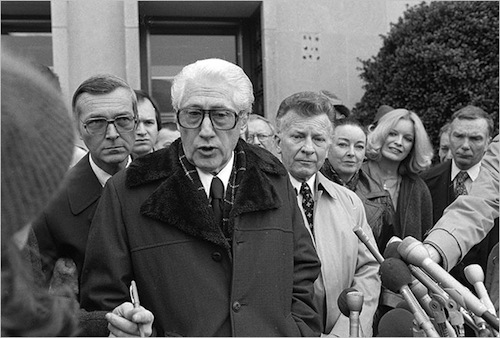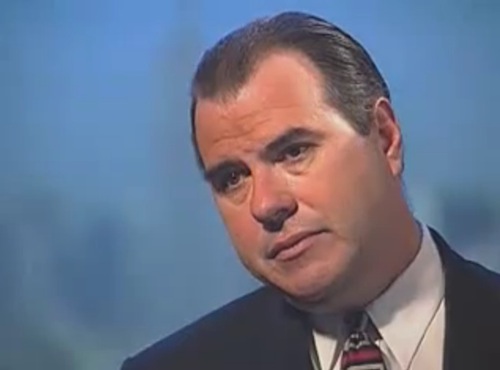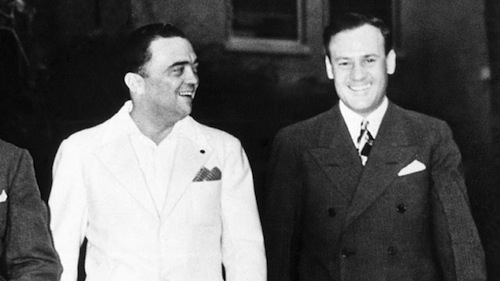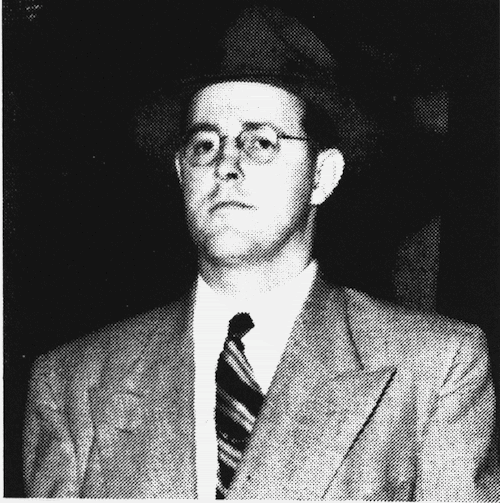Of all the US law enforcement agencies, the FBI has had one of the most intriguing and controversial histories. From humble beginnings as the plain old Bureau of Investigation (whose agents were not allowed to carry guns or even arrest suspects), the FBI has, since then, been on the front line of the struggle against crime in America, from battles with armed bank robbers during the Great Depression era, to its involvement in the War on Terror and War on Drugs in the 21st century. If the three letters only conjure images of Mulder and Scully from the X-Files, read on to find out more about those who truly excelled in this exciting career: the 10 greatest FBI agents in history.
10. J. Edgar Hoover
J. Edgar Hoover, the first and most controversial FBI Director, was also arguably the most influential of them all. When the former Justice Department worker was made head of the Bureau in 1924, agents could not investigate crimes across federal boundaries and did not have the authority to arrest suspects. Hoover’s reforms led to the creation of a new, much more powerful FBI and the adoption of scientific crime fighting methods against spies and American criminals. His agents were responsible for ending the careers of notorious criminal masterminds like John Dillinger and “Machine Gun” Kelly as well as Soviet agents such as Harry Gold and David Greenglass. His paranoia and smear tactics may have been infamous, but without Hoover there definitely would not have been a modern FBI.
9. Joe Pistone (“Donnie Brasco”)
In the mid 1970s, the FBI needed an agent who was willing to spend several years undercover in the Bonanno crime family in order to get convictions against its most prominent members. Fortunately, they happened to have agent Joe Pistone on their payroll; a man who was of Sicilian descent, capable of speaking fluent Italian, and had nerves of solid steel. Pistone entered the organization masquerading as “Donnie Brasco”, an Italian jewel thief. His five-year stint with the family made him one of the longest-lasting undercover agents in history, and his testimony led to the conviction of over 30 gangsters in the organization. “Donnie” was immortalized in 1997 when Johnny Depp played him in the eponymous movie.
8. Melvin Purvis
In the early 20th century, the criminal underworld was a dangerous place, with colorful criminals like John Dillinger dominating the headlines. However, all this changed in the 1930s with the introduction of more effective and scientific investigative methods and new powers for the FBI, which quickly led to the arrest or death of a number of so-called “public enemies.” One of the agents instrumental in bringing down these infamous criminals was Melvin Purvis, the investigator who led the manhunts that brought down Dillinger, “Baby Face” Nelson and others. Although diminutive in size, Purvis was a crack shot, and he personally led the shootout that resulted in the death of “Pretty Boy” Floyd. Sadly for the agency, in 1935 Purvis resigned after a relatively short career, as a result of personal conflicts with J. Edgar Hoover, and returned to practicing law until his death in 1960.
7. Charles Winstead
Although unassuming Bureau agent Charles Winstead was involved in several high-profile cases in the 1930s and 40s, his main claim to fame is being the agent most likely to have fired the shot that finally downed the notorious John Dillinger. Yet while Winstead received a personal commendation for his actions from FBI chief J. Edgar Hoover, the two later fell out after Winstead slighted a journalist, and soon afterward the junior agent quit. It has been said that Winstead is not as well remembered as he should be for his exploits; yet the man who took down such a notorious criminal as Dillinger, and who was also pivotal in tracking down “Baby Face” Nelson, definitely deserves recognition in our book.
6. Joaquin “Jack” Garcia
Although less well known than “Donnie Brasco,” Joaquin “Jack” Garcia was an even more successful mole, infiltrating the Gambino crime family for the record-breaking period of 26 years. Born in Cuba in the early 1950s, the imposing 6’4 Garcia successfully played dozens of underworld roles in over 100 different operations, with many of his stings being orchestrated simultaneously. The most prominent of his performances was Jack Falcone, a supposed Sicilian thief and drug dealer. Thanks to Garcia’s impressive record, he is often referred to as the FBI’s “greatest undercover agent.”
5. George Piro
During Saddam Hussein’s interrogation, the FBI needed an inside man in order to find out more about the Iraqi President’s actions during the second Gulf War. Enter George Piro, an FBI field agent who was uniquely suited to the job, being one of the very few members of the Bureau who spoke Arabic. Piro quickly seized on a number of psychological tactics to break Hussein down, from controlling day and night in the dictator’s cell, to praising his poetry, and Hussein soon came to believe that he had developed a genuine friendship with the agent. Amongst the revelations of the interrogation was the fact that the warlord had indeed dismantled Iraq’s WMD program in the face of international pressure and did not believe that the US would invade in 2003. FBI Assistant Director Joe Persichini (who also happens to be Piro’s boss) called the interrogation “one of the top accomplishments of our agency in the last 100 years.”
4. Mark Felt (a.k.a. “Deep Throat”)
It’s very rare for a whistleblower to become a well known figure in popular culture, but Mark Felt, a.k.a. “Deep Throat,” became legendary for providing inside information on the Watergate scandal, to the point that it overshadows his other accomplishments as Associate Director of the FBI. Taking his codename from a 1970s porn movie, Felt frequently met with reporters Woodward and Bernstein in order to give them the intelligence which the FBI was uncovering during its own investigations into the infamous break-in at the Democratic Party headquarters; intelligence that would eventually lead to the resignation of President Nixon. This data was crucial in revealing to the world the full extent of the cover-up in the CIA, FBI and even the President’s office. Throat’s identity remained a mystery until 30 years after the events of the Watergate scandal, when he was outed in Vanity Fair magazine.
3. John P. O’Neill
There’s often a special place in history for those who predict important events before they happen, but FBI agent John P. O’Neill is one of those who, in this respect, is sadly overlooked. A veteran of the Bureau, O’Neill was one of the main agents charged with investigating AL-Qaeda and Osama Bin Laden in the years preceding September 11, 2001, including the USS Cole bombing in 2000. In a horrible twist of irony, O’Neill retired from the FBI in 2001 to become Head of Security at the Twin Towers in New York City and was killed in the 9/11 attacks. America could clearly have done with more of agents of his ilk, preferably before it was too late.
2. Clyde Tolson
Clyde Tolson was J. Edgar Hoover’s closest friend and protege during his years in the FBI, and (so rumor has it) was his lover as well. Tolson joined the FBI in 1927 and moved up to the Assistant Director position within three years, taking part in the reform of the organization during the period when it became a real threat to criminals. Acting as Hoover’s right-hand man, he participated in the arrests of notorious “public enemies” like Alvin Karpis and Harry Brunette and was constantly at the FBI director’s side; indeed, they spent their spare time together, took vacations together, and are even buried a few yards from each other. His influence on the director was truly one of the most significant forces in shaping the modern FBI as we know it.
1. Robert Lamphere
Special Agent Robert Lamphere was one of the FBI’s most valuable agents during the 1940s and 1950s, and was responsible for the capture of several Soviet spies involved in extracting military secrets from the US. His involvement in the US atomic counter-espionage program led to the unmasking of the spy ring headed by Julius and Ethel Rosenberg, which was responsible for leaking the secrets of the atomic bomb to Russia. He also unmasked Klaus Fuchs, a German theoretical physicist who had released nuclear secrets in the aftermath of WWII that had allowed the Soviets to stage their first nuclear test. Despite his skills, however, Lamphere was little known outside of his own organization until the 1990s, a true unsung hero.
